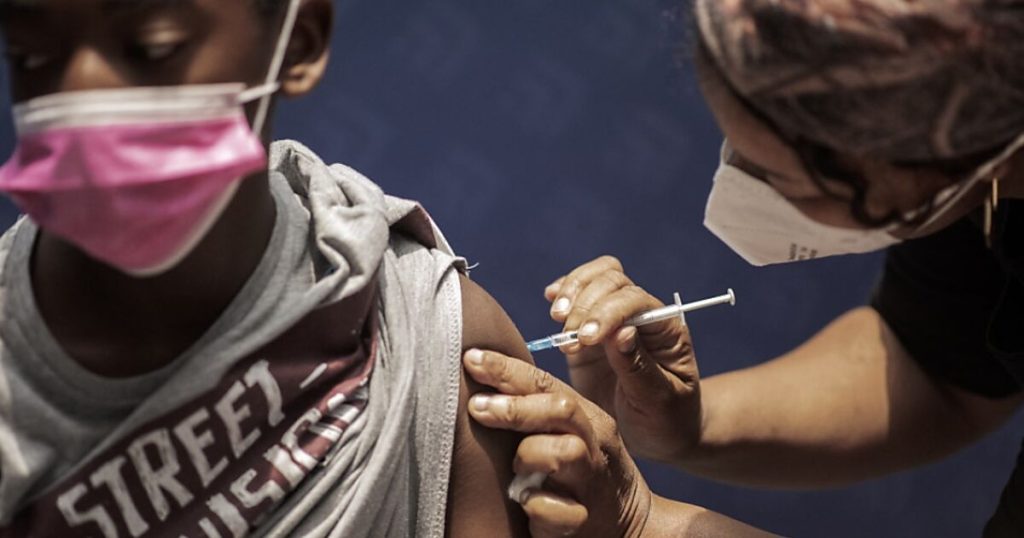In South Africa, a new study confirmed the rather mild pathological course of the Omikron coronavirus variant. After assessing the data available through the end of November, there is up to an 80 percent lower chance of going to hospital for treatment. “The very encouraging data strongly suggest that the Omicron infection wave is decreasing,” Cheryl Cohen of South Africa’s National Institute of Infectious Diseases said on Wednesday.
However, she cautioned, the data is still relatively early and that more studies are needed. Omikron patients who have been vaccinated will also have a 70 percent chance of avoiding treatment in the intensive care unit.
Paul Hunter, a professor at the University of East Anglia in the UK, cautions against jumping to conclusions. One of the study’s weaknesses, Hunter says, is that it compares Omicron data from October and November with Delta data from an earlier period (April to November). One reason for the differences may be the higher immunity of the population now.
With the start of the summer holidays in South Africa, the novel coronavirus variant Omikron is now spreading across the country – but appears to be losing momentum in the former epicenter around the cities of Johannesburg and Pretoria (Guteng province). “Yes, the number of cases in Gauteng province has been down for over a week — so I think we have the peak of the fourth wave behind us there,” Cohen said. But it is still too early to talk about reaching the peak of the fourth wave of infections across the country.
In South Africa, the omicron variant dominates the infection process. The larger area around the city of Johannesburg and the capital, Pretoria, sometimes had up to 80 percent of new daily infections nationwide. However, the number of hospitalizations is much lower than the number of previous waves of infection. According to the study, the number of hospital stays was also significantly reduced, to an average of three to four days.

“Food practitioner. Bacon guru. Infuriatingly humble zombie enthusiast. Total student.”








More Stories
Kyiv: Russian Kursk offensive halted
US Presidential Election: Former US Government Officials Warn Against Donald Trump's Election
Netherlands wants to leave asylum system